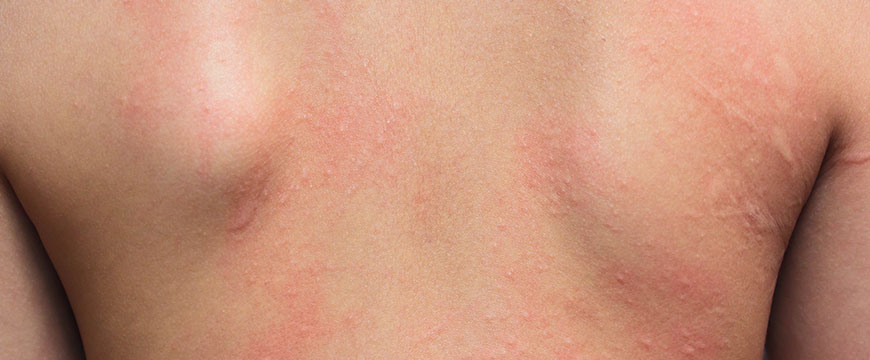
The authorities are constantly reminding people to wear facial masks, especially when going outside. Although met with controversies, wearing protective masks is one proven way of protecting oneself against viruses including COVID-19. Those with a history of asthma and allergies have to be extra careful during these times.
In case of allergic reactions, make sure to visit an asthma doctor or an allergist specialist. An allergy clinic near you may not be open right now, but most likely they can accommodate online consultations. Nonetheless, you should take immediate action if you experience allergy symptoms and prevent further complications.
The downside of wearing a face mask
In the midst of the ongoing pandemic, wearing a face mask is a must. This is to prevent the spread of the dreaded COVID-19 virus. There are different types of masks meant for specific users.
Normally, ordinary people can wear typical surgical or cloth masks. On the other hand, medical personnel should wear N95 or KN95 masks aside from their personal protective equipment (PPE).
However, there is one downside of wearing a face mask. There are some people who actually experience skin irritations when wearing one. Common symptoms of skin irritation due to face masks include:
- Tiny pimple clusters
- Rashes
- Scaling
Your breath or either mucus or saliva traps the oil and sweat under the mask, hence leading to skin irritation. These skin irritations usually appear around the nose and mouth area which can look unsightly and uncomfortable.
That is why wearing a face mask can be tricky. On the one hand, wearing a face mask is important especially when outside. But there is that risk of skin irritation due to the mask you are wearing. If the face mask does cause skin irritation, you can consult an allergist doctor. Other than that, how should you deal with this?
Choosing the right face mask
One way to prevent possible skin irritation is by choosing the right face mask. As an ordinary citizen, you can choose a face mask that is made from soft and breathable material. For example, there are face masks that are made from 100 percent cotton.
That means you should not only choose face masks with cute designs. Instead, it should also feel comfortable and fit on your face just right. There are cotton face masks available that you can buy in stores, but you can also make one from old t-shirts.
Meanwhile, experts do not suggest using polyester, rayon, and nylon materials for face masks. These kinds of fabric are not breathable and prone to damping due to sweat and can lead to skin irritation. In the case of skin irritations, make sure to contact an allergy doctor right away.
However, some people may not be allergic to the fabric material but with its other components. For example, the allergic reaction might be due to the adhesive or even the detergent used to wash the mask. Nonetheless, make sure to consult a dermatologist or an allergy physician before getting another mask.
But even if you are not able to contact medical personnel about your face mask-related skin irritation, you can determine if it is indeed caused by one. For example, a rash on the nose area might be due to the adhesive strip. On the other hand, it might be because of the ear strap material if you notice some irritation in your ear area.
How to protect your skin from face mask irritation
Aside from choosing the right mask, you should also make sure to protect your skin. Here are tips to prevent face mask-related skin irritations.
Put moisturizer on your face.
Putting moisturizer is one of the best things to do to prevent skin irritations. This helps lessen friction between your skin and mask that causes the irritation. For better results, apply an oil-free facial moisturizer every two hours while wearing a mask.
Wash your face more often.
But make sure not to use soaps with harsh ingredients as much as possible. Instead, use gentle soaps to wash and clean your face. If you have other skin issues, continue using your medication or skincare product. Better yet, limit the use of foundation and makeup – it won’t be that noticeable anyway when you wear a mask.
Consult medical experts in case of skin irritations.
If you do experience skin irritations due to wearing a face mask, better consult a skin expert or an allergy specialist.
Protect yourself from the virus, but protect your skin too
These are some useful tips that you should follow to prevent skin irritations due to face masks. For any of your allergy concerns, consult an allergist specialist in Manassas VA.



